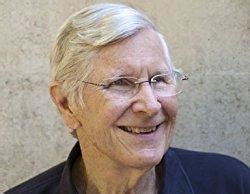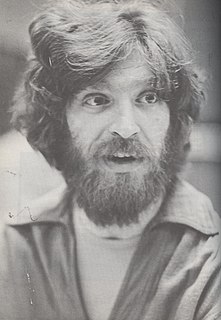A Quote by James E. Faust
We learn much of parenting from our own parents. My love for my father deepened profoundly when he was kind, patient, and understanding.
Related Quotes
The first idea of Captain Fantastic was a pretty radically different one. The genesis had to do with parenting and questions about parenthood and fatherhood specifically. I have two kids and I was grappling with what my values were and what I wanted to pass to my children. So I was positing different kinds of parents and different ways of parenting. I played with various ideas - very permissive parenting, very restrictive parenting and then I came up with the character of Viggo Mortensen, and much of it was aspirational, some of it was autobiographical.
A large part of parenting is about managing weariness and motivation. Much of the success of parenting is about avoiding the sins of "omission" as well as "commission." You can feed, clothe, and house your kids and not really parent them. When we raise kids for selfish reasons (to feel proud, to have people love us and appreciate us), if they disappoint us we'll pull back. But when we realize that God has called us to raise godly children and God is always worthy to be obeyed, we have a motivation that goes beyond our own pride and our own comfort.






































